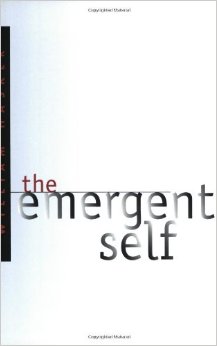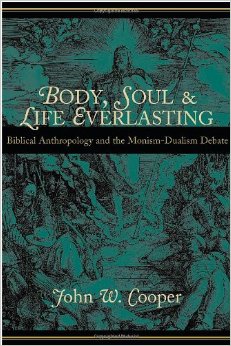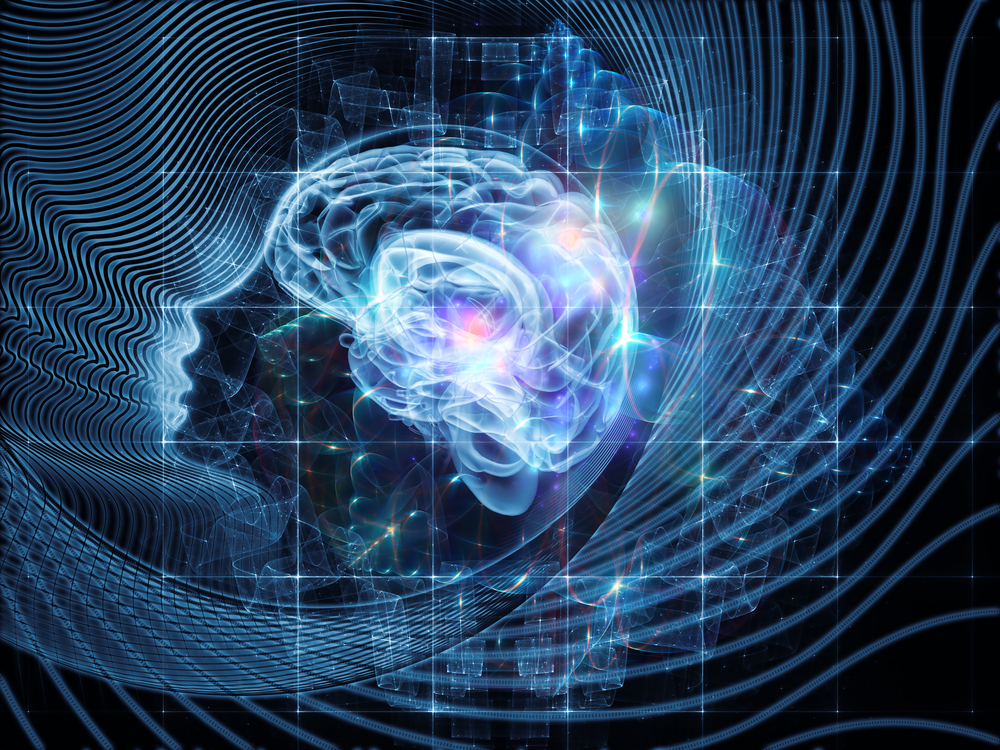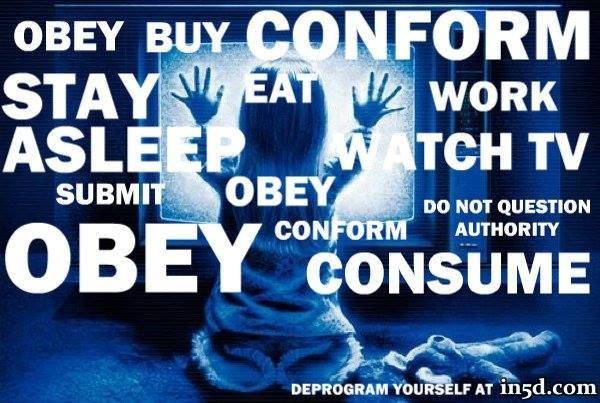Human nature, or human personhood, is complex and wonderfully designed, like that of a butterfly. It goes through different stages, but remains the same basic substance. My suggestion is that human life, or personhood, changes, like the metamorphosis that takes place for the Monarch Butterfly. It progresses through four separate stages of life: the egg, the larval, the chrysalis, and the butterfly stage. In the concept of a human person, The classical Christian position is that it has different stages as well. The human person begins as a one or two substance thing at conception, and it is possible that at a later point, when the cognitive faculties develop, the one substance splits into body and soul or the soul emerges—either way the early stages of this single entity is fully a human person.
Some great books on this issue are

 Body, Soul, and Life Everlasting: Biblical Anthropology and the Monism-Dualism Debate by Coopper
Body, Soul, and Life Everlasting: Biblical Anthropology and the Monism-Dualism Debate by Coopper
and
The Emergent Self, by Willam Hasker
The human person, then, remains two united substances until the physical substance experiences death or the mental substance breaks down almost completely. If I change bodies, gradually through, technological advancements as I argue in this other blog, I would not be human anymore, but would be post-human. But I would still be the same person. At death, there is fission of the two substances. There are other stages, the intermediate stage and resurrection stage, according to Christian theology.
So then what is a human person? So many definitions have been offered! This is my humble attempt. Your suggestions are welcome:
A human person is a biological entity with the DNA of homo sapiens which subsists, flourishes in community, and creates an environment for the manifestation of the intrinsic dormant capacity for development of complex and logically ordered thoughts. This logically entails that the person has a complex language and an awareness of a personal unity or coherence of themselves. The human person also has a distinctively private, subjective point of view in addition to the ability to make free decisions and thus be morally responsible for those decisions. A human person has a multifaceted emotional life that enables communion and relationship with other persons. A human person is the same numerical entity from embryo to grave. The best explanation of this diverse and remarkable array of properties and states is that the human person is composed of a harmony and interconnectedness of two distinct substances: body and soul.
[i] Special thanks to Dr. Kathleen Lennon for this illustration, and for many other countless insights!
What do you think? What did I miss? What more can be articulated about human personhood?





Pingback: Living without my body | Logically Faithful
Interesting post Khaldoun! Two questions occur to me though. What do you base your assertion that the existence of two substances IS the best explanation of the diverse and remarkable array of properties and states on? Is it solely because you believe that such diversity could not arise from the existence of just one— the physical— or do you have other reasons?
Secondly, if as I believe is the case, we all have a unique DNA profile, which at the very least influences if not determines how we respond to the environmental factors that also influence the person we become,do you believe that our spiritual substance is similarly unique, and if so will also uniquely influence our responses?
Hi Pauline,
Thanks for the question!
I believe that the properties that make up our mental or spiritual state are not physical and that gives us reason to believe that a part of us is not physical but may be spiritual.
Properties or attributes such as but not limited to our imagination, desires, intentionality, qualia, self-awareness, unity of consciousness, etc. Note that these properties are not parts of the soul, the soul has no parts per se like a computer or any other thing in the universe. The soul is a simple entity. Descartes specifically pointed this out: “As for the faculties of willing, of understanding, of sensory perception and so on, these cannot be termed parts of the mind, since it is one and the same mind that wills, and understands and has sensory perceptions.”
The soul is immaterial because its events are immaterial (thoughts, desires, intentions, images) it cannot be proven using material things like CAT scans or MRI scans. So the criteria for “proving” it would be different than the criteria for proving a microwave oven exists.
I will do that in another blog post soon 🙂
As for your second question on free will –I strongly recommend Norman Malcolm’s 1968 article “The Conceivability of Mechanism” http://www.jstor.org/stable/2183182
And I will also respond (or attempt to) on how the soul is also passed on from one parent to the offspring.
Khaldoun
KS
Thanks Khaldoun! I will acquire, read, and ponder on the article you have recommended, and get back to you! Relatively new field for me– it might take some time!! Have never encountered the idea of a soul being passed on from parent to child– can’t wait for your next post!
Pauline
This article is an amazing way to incorporate what the idea of a human really is. I also do believe that all humans have a unique way based upon their environment and how humans can interact well with others. Although I believe this to be true I also believe that we are all one in which we are stuck and respond as puppets as in Plato’s cave and thus do not have such free decision as we believe to have. This generation tends to obey their authority without any questions and can alter their unique abilities as you say. I believe more of us, humans, should be more open-minded and not go “with the flow” because that would prove the idea that we are being controlled by others and not taking our own lives into our hands. With this being the case then we could go on to the rest of the stages we need to go through to become a “butterfly” or human.
Thanks for sharing this Jacqueline,
But I do not see how this addresses the metaphysical issue of human personhood. Would you elaborate?
Khaldoun
Interesting article, but I have a question. After reading the final paragraph and it ending in “body and soul”, it seems more like it should be “soul and mind” since the body is more so just the flesh, bone, and muscle whereas everything listed above seems it would come more from the mind and the soul instead. Or does body also refer to the mind as well?
I’ve considered this thought before but my answer was slightly different and a lot shorter. Firstly, instead of separating humanity into 2 (body and soul), I separated humanity into 3 (mind, body and soul). Next, I pretty much simplified the last paragraph, since I didn’t have any better words at the time, consciousness/self awareness. And lastly I added in mortality. At the part where you said that if you changed bodies you would stop being human was that in the case of changing to an immortal body? Or had that not been taken into account at all?
Very interesting post. We, as humans, have many abilities that most other creatures do not have. One of those abilities is the ability to choose. That alone makes us human but to dive a little deeper, in a biblical sense, it is stated that we (humans) are made in God’s image and likeness. With that being said, if we look at the attributes of God then we can figure out what it really means to be human.
Pingback: What am I? What is the Soul? | Logically Faithful
Pingback: 4 ways to think about the Masculinity of God | Logically Faithful-Khaldoun Sweis